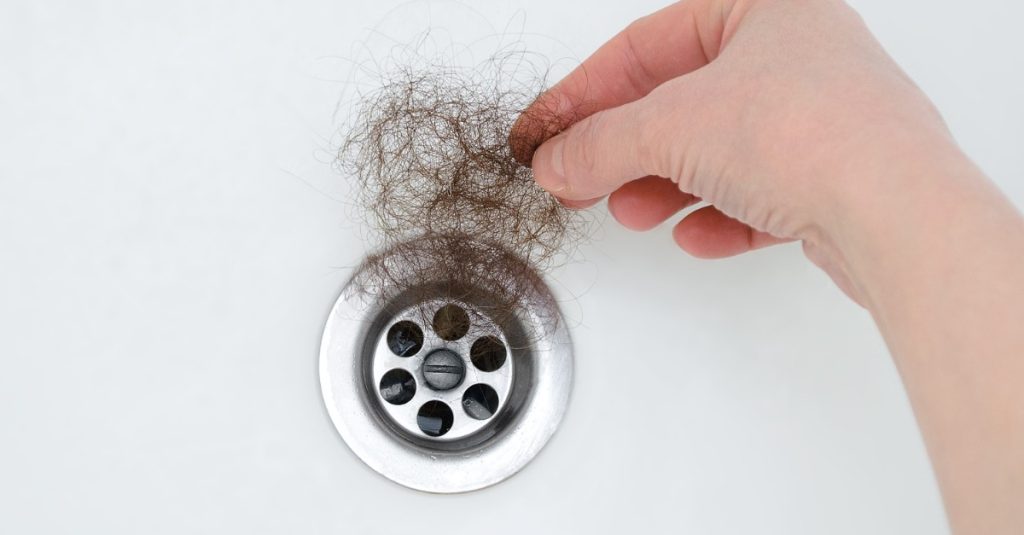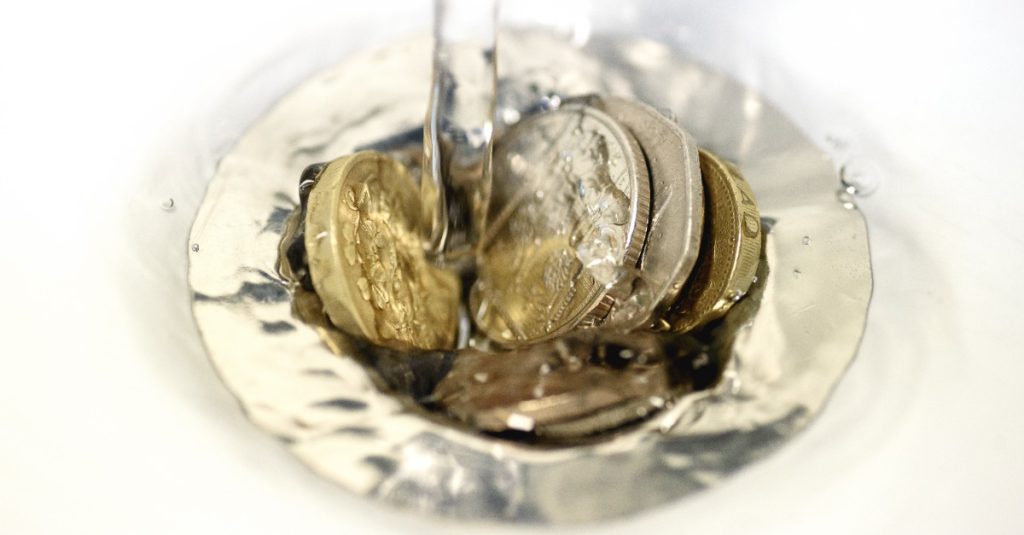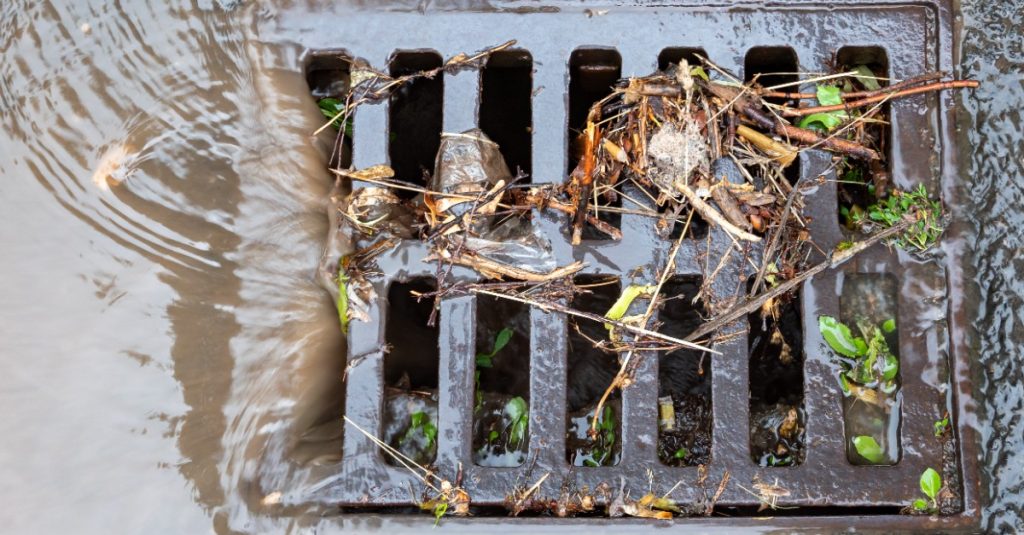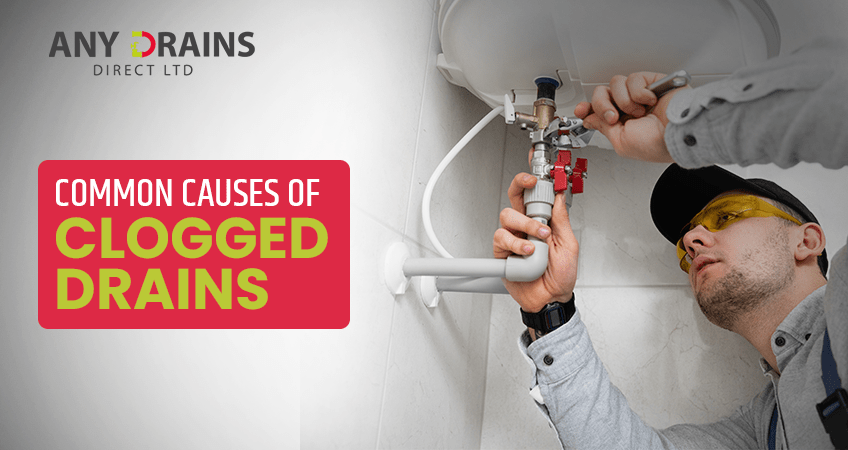Introduction
A correctly functioning drainage system should allow water to move freely and stop it from collecting and causing floods.
But what happens when it, well, doesn’t?
Having a clogged drain in the kitchen sink, bathtub, or toilet can cause a big problem and interrupt your daily routine. Clogs are more than just bothersome. They can lead to water overflow, damage to pipes, and in extreme situations, blockage of sewage.
In this blog post, we will discuss the common causes of clogged drains, their prevention and solutions as well, so you know what steps to take to stop them from occurring on your property and also which steps to take should you find yourself in the midst of a clogged drain headache
Common causes of clogged drain
Hair and grease buildup

When too much grease and oils make hair sticky, it can cause a blockage when that hair enters your drainage system. Hair falls out all the time, so when you comb, shower, or bathe, it goes down the drain. If you don’t remove it right away, more hair will build up in the drain.
Preventing a blockage caused by hair in your drain is easy — don’t let it go down there in the first place. You should gather any hair after using the shower or bath and dispose of it in the bin. Even flushing it down the toilet can cause blockages.
If a blockage has already occurred, you can try putting baking soda and vinegar on the hair clog before using a plunger to remove it. Mixing baking soda and vinegar is a really good way to get rid of clogs, including ones made of hair.
Foreign objects

Parents often experience instances where their children accidentally drop toys or random objects into a toilet or bathtub drain. Anything that is small enough to go down a drain can still get stuck in a curved part of a pipe. Things like jewellery, and other small objects can accidentally go into the sink and get stuck in the drain.
Installing a drain guard is a cheap and highly recommended method to prevent various objects from causing blockages in your drains. By placing a drain guard over your drain openings, you can effectively trap these objects and prevent them from entering the pipes. Put guards on all your drains to collect things that don’t belong – like hair, soap, food, and other dirty stuff. This includes showers and sinks.
By taking this preventive measure, you can avoid the hassle and inconvenience of dealing with clogged drains and the cost of an emergency plumber callout.
Plant roots and leaves

Another common reason drains get damaged is that tree roots grow into them. If you have multiple drains blocked at the same time, there is probably a blockage in your sewer pipe. Tree roots that grow where they shouldn’t cause clogs in pipes underground. Tree roots can grow in even the smallest holes or gaps in sewer lines and cause massive damage if left unchecked. When roots grow inside pipes, they can completely clog or break the pipes.
If you suspect tree roots to be obstructing your water flow, it is highly recommended to consider a professional inspection and, if necessary, removal or trimming of damaged trees that are in close proximity to drainage pipes.
Unfortunately, there is not much you can do to prevent tree root ingress except gain early sight into whether or not you will be experiencing this problem by having a regular CCTV drain survey. This is especially important for businesses as a big drain blockage may not just incur a hefty repair bill but, depending on the severity and nature of your business, could stop you from trading for days or even weeks causing a loss of earnings too.
A CCTV drain survey will be used to identify a tree root issue, but as we said, it may also spot one before it becomes a bigger issue allowing you to nip it in the bud, so to speak.
Collapsed pipes
What causes collapsed pipes? Several factors contribute to the collapse of pipes:
The age and the material from which the pipe is made, especially in the case of older pipes constructed from materials like clay or cast iron, can lead to natural degradation and eventual collapse.
Tree roots, always on the hunt for water, can infiltrate and break pipes over time.
Soil shifting or settling around pipes can exert pressure that leads to a collapse, particularly in areas prone to earthquakes or landslides.
Once a pipe has collapsed you can expect issues such as blockages, backflow and wastewater seepage into the surrounding soil.
You should be proactive in inspecting your drainage system for any signs of collapse. Ensure the longevity of your plumbing system with an annual inspection by a professional plumber. Early detection of damaged pipes is crucial for timely replacements and preventing costly repairs.
Schedule your inspection today and safeguard your home’s plumbing infrastructure.
Poor pipe installation
Poor pipe installation, whether due to improper fitting, inadequate support, or incorrect materials, can heighten the risk of a pipe collapsing or becoming clogged. Furthermore, if the installation is not done properly, leaks can occur. This allows water to enter the nearby soil and eventually causes the drain to become blocked.
Again, there’s not much you can do to prevent poor pipe installation, however, if you are in the process of purchasing a new property, whether it be commercial or residential, a pre-purchase drain survey is heavily, heavily, recommended. With a pre-purchase CCTV drain survey, you will be able to see exactly what condition the drains are in before you complete the sale (or not). Once you have purchased the property the liability for drain repair falls to you, so save yourself the hassle and expense by getting your pipes checked before any money changes hands.
Minerals in hard water areas
In areas with hard water, the water supply contains a high concentration of minerals, primarily calcium and magnesium. When this water travels through your pipes, these minerals can gradually build up on the inner walls, creating a scale or deposit known as limescale.
Over time, these mineral deposits can accumulate to the point where they significantly reduce the pipe’s diameter. This reduction in space can impede the flow of water, leading to slower draining and eventually resulting in complete blockages.
Moreover, these mineral deposits can also react with fats, oils, and grease that go down our drains, creating stubborn blockages that are difficult to remove. Therefore, hard water not only contributes to the formation of drain blockages but can also make them more severe and challenging to deal with.
Preventing mineral buildup from hard water and consequently avoiding drain blockages requires a proactive approach.
Here are some strategies you can employ:
- Water softeners: These devices remove the minerals that cause hardness in water, replacing them with sodium through a process called ion exchange. This prevents the formation of limescale in your pipes.
- Regular pipe cleaning: Regularly cleaning your pipes can help remove early stages of mineral buildup before it becomes a problem. You can use vinegar, a mild acid, to dissolve minor limescale deposits.
- Install a scale inhibitor: This is a device installed on your water supply line. It changes the properties of the minerals in the hard water, preventing them from sticking to the pipe walls and forming limescale.
- Avoid pouring fats and oils down drains: Since fats and oils can react with minerals to create stubborn blockages, it’s best to dispose of these substances in the bin rather than down the sink.
- Professional plumbing inspection: A regular inspection by a professional plumber can detect and address any early signs of mineral buildup or other issues.
By implementing these strategies, you can greatly reduce the risk of mineral buildup and drain blockages in areas with hard water.
When to seek professional help?
When preventative measures have been overlooked and DIY attempts at unblocking such as plunging have failed , the only real option is to call in a professional for help.
A professional plumber or drain specialist will be able to assess your situation quickly and accurately using specialist tools and advise you on the best course of action.
It is also strongly advised that you have regular CCTV drain surveys carried out by professionals so that any potential problems can be identified and addressed early on, helping you save time and money in the long run.
Conclusion
Drain blockages can be caused by a variety of different factors, but most commonly they are the result of tree roots, collapsed pipes, and mineral deposits in hard water areas.
Fortunately, there are a number of preventative measures you can take to reduce the risk of a blocked drain, such as installing water softeners and scale inhibitors or avoiding pouring fats and oils down the sink.
Drain blockages can cause a huge inconvenience, not to mention costly repairs if neglected. It is important to be aware of the common causes and take preventative measures to avoid them. If your drains are blocked, call in a professional team like Any Drains as soon as possible for an accurate assessment and quick resolution of the issue.
By following this advice, you can help ensure your drains stay clear and free-flowing.
 01732 667 688
01732 667 688


